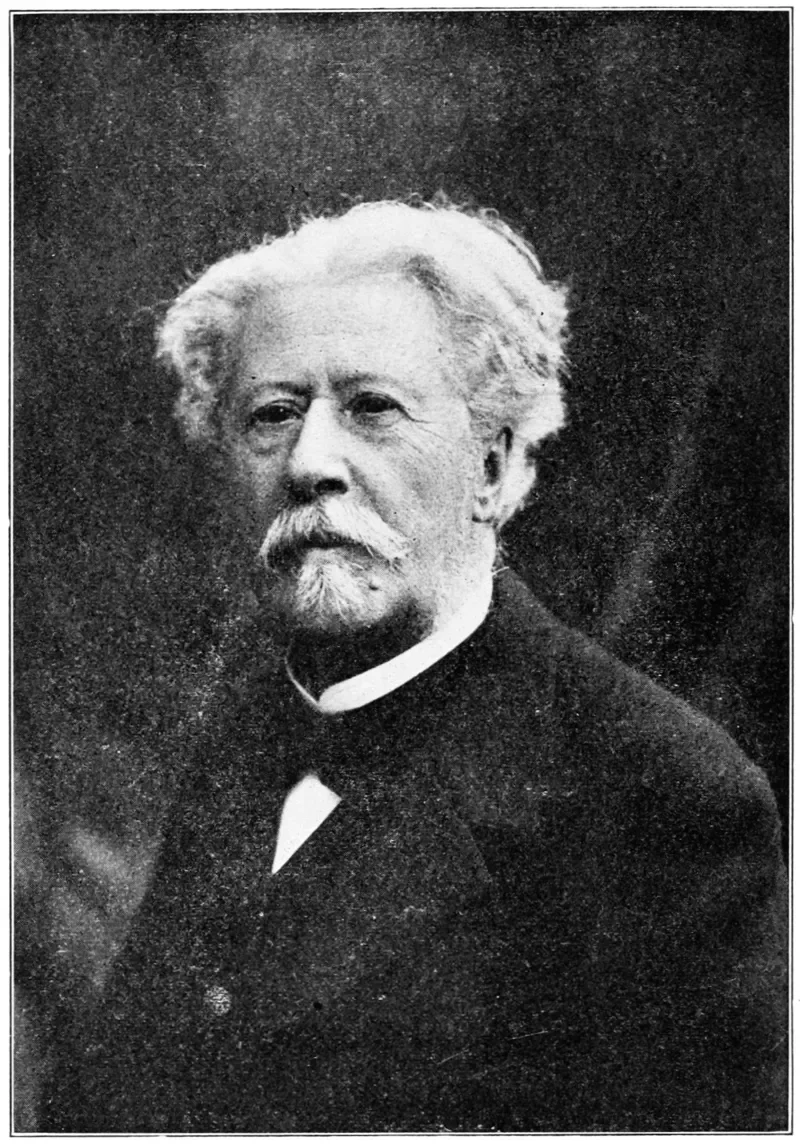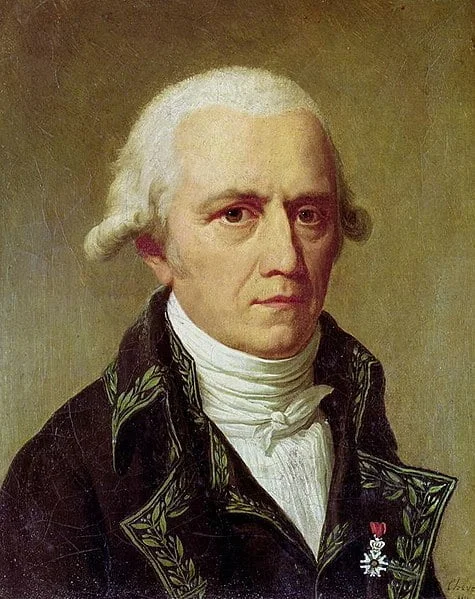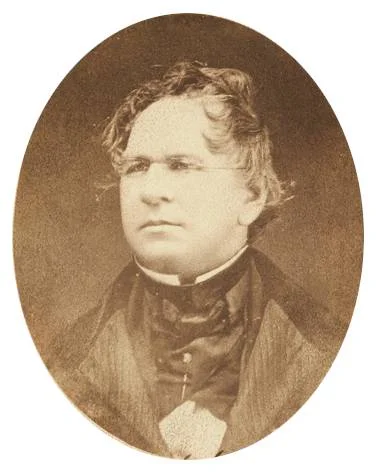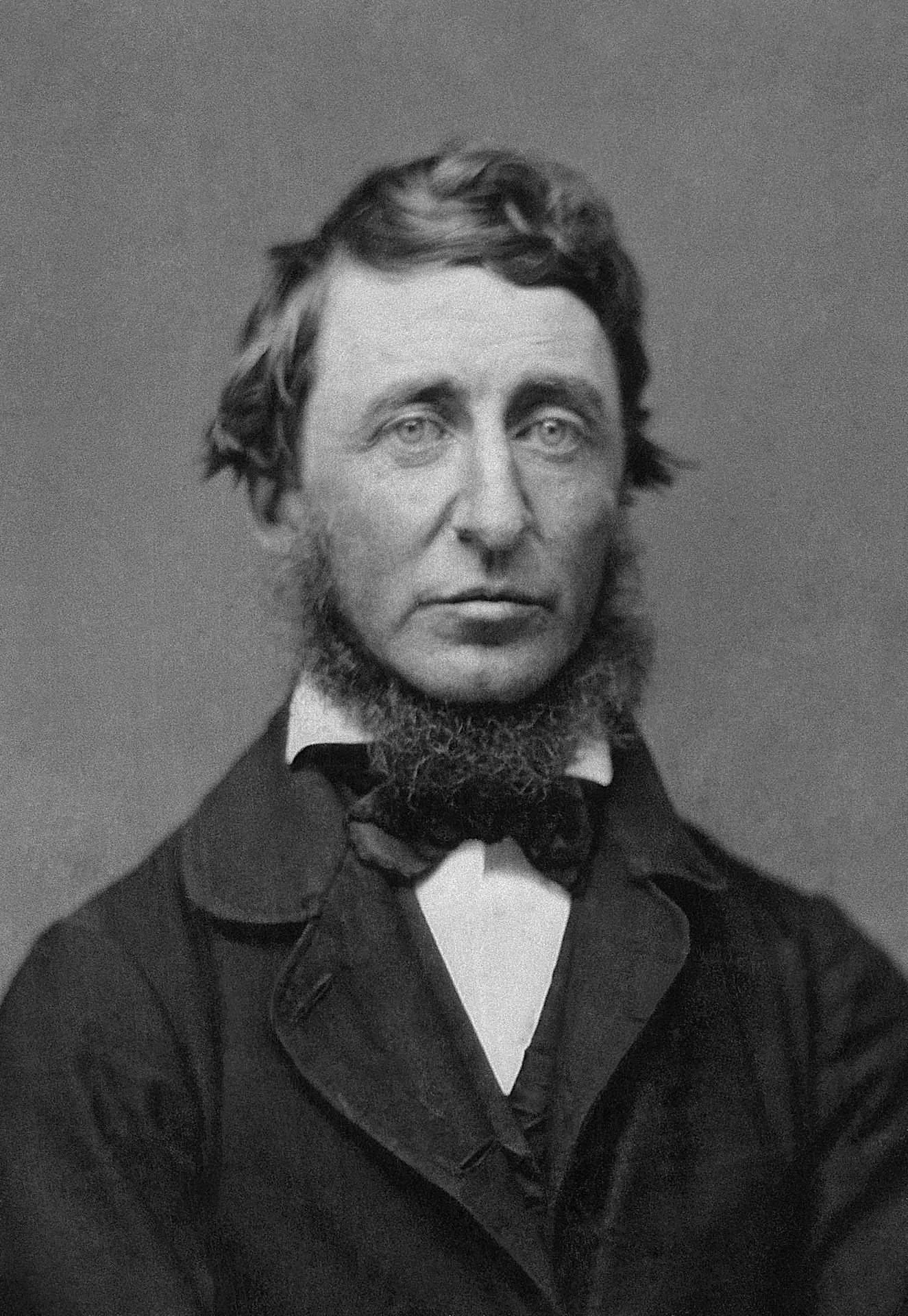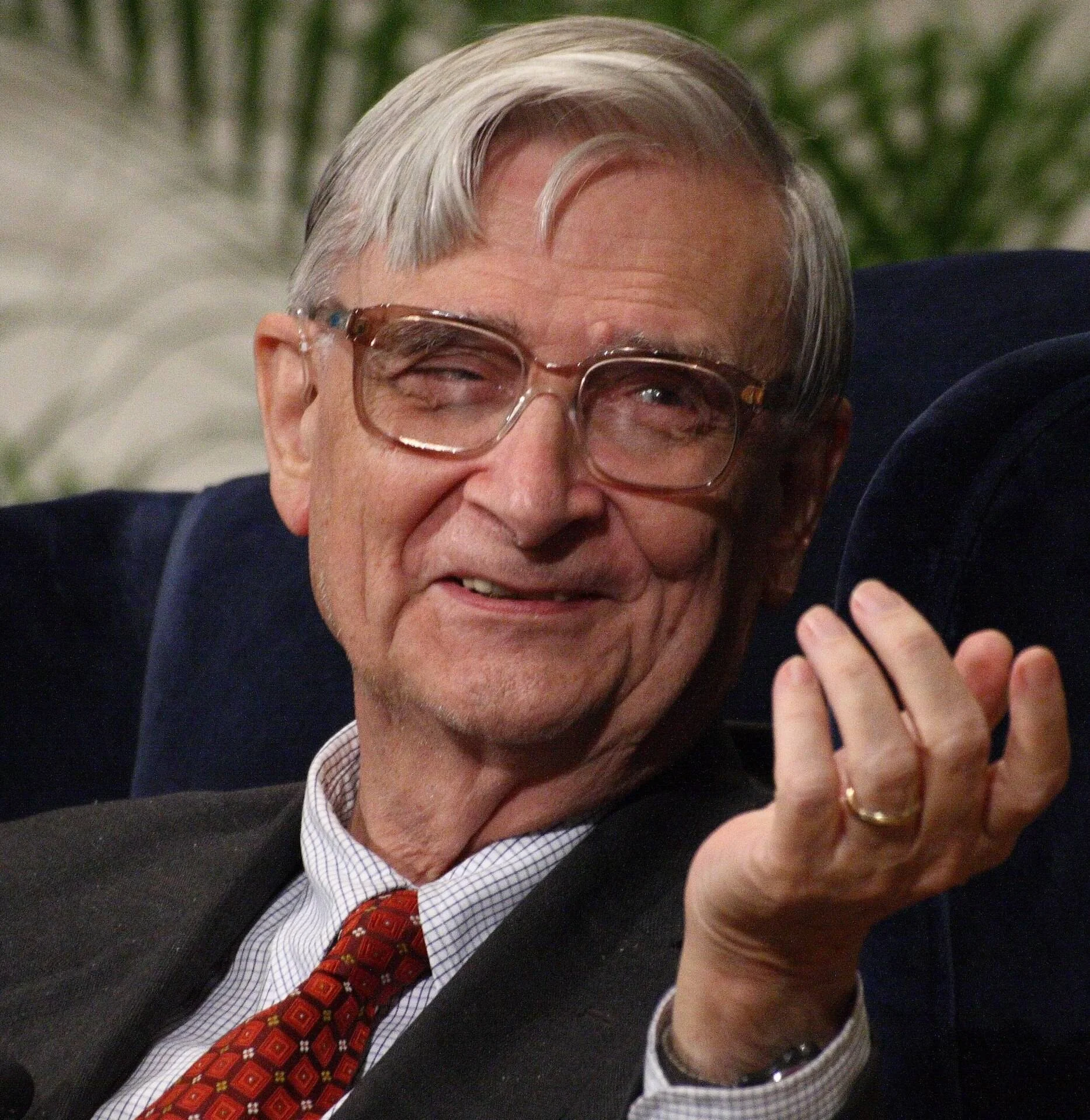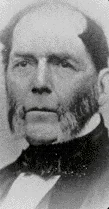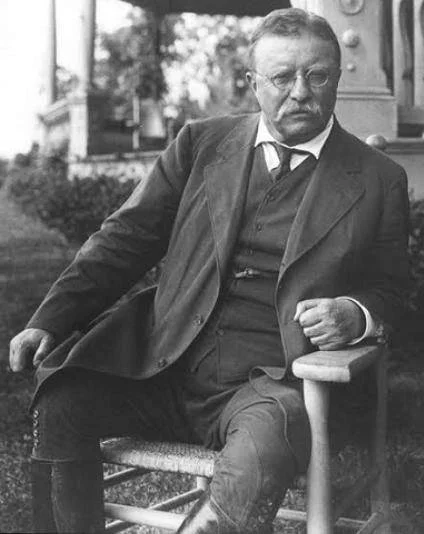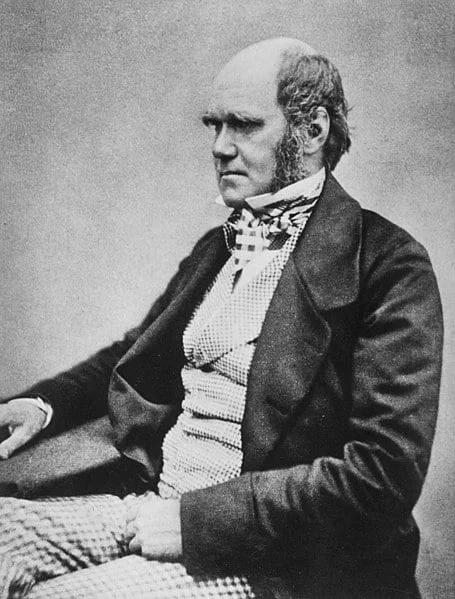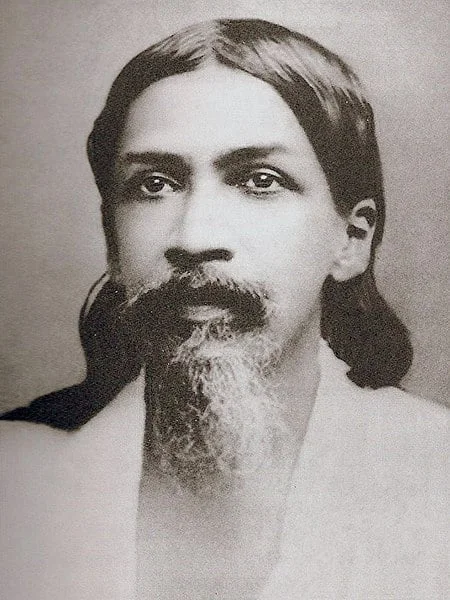Real Celebrities Never Die!
OR
Search For Past Celebrities Whose Birthday You Share

source:wikipedia.org
James Hutton
Birthday:
03 Jun, 1726
Date of Death:
26 Mar, 1797
Cause of death:
Complications of surgery to remove stones from the bladder
Nationality:
Scottish
Famous As:
Agriculturalist
Age at the time of death:
70
James Hutton's Quote's
Early Life and Education
James Hutton was born on June 3, 1726, in Edinburgh, Scotland, into a family of merchants. Though he was expected to follow in his father’s footsteps, Hutton showed a keen interest in nature and science from a young age. He attended the University of Edinburgh, where he studied the classics, humanities, and natural sciences, marking the beginning of his lifelong fascination with geology.
Diverse Professional Journey
Initially trained as a medical doctor, Hutton briefly practiced medicine before his curiosity about the natural world led him in a different direction. He turned to farming, where his work in agriculture gave him valuable insights into soil composition, erosion, and geological processes. These experiences laid the groundwork for his future contributions to geology.
Geological Observations and the Birth of a Theory
Hutton’s extensive travels across Scotland further fueled his geological studies. He meticulously observed rock formations, fossils, and landscapes, which culminated in his groundbreaking work, “Theory of the Earth,” presented in 1785. Hutton challenged the then-dominant view of catastrophism, proposing instead the principle of uniformitarianism, which suggested that slow and gradual processes shaped the Earth over time.
The Theory of Uniformitarianism
James Hutton’s theory of uniformitarianism revolutionized geological science. He argued that the same natural processes shaping the Earth today, such as erosion and sedimentation, had been at work for millions of years. This concept introduced the idea of “deep time,” implying that Earth’s history spanned vast periods, far longer than previously believed.
Influence on Future Scientific Thinkers
Hutton’s work laid the foundation for future geologists, including Charles Lyell and Charles Darwin. Lyell’s Principles of Geology popularized uniformitarianism, and Darwin’s theory of evolution drew on Hutton’s ideas about Earth’s ancient past. Hutton’s work challenged traditional religious beliefs about the age of the Earth and reshaped scientific thought for centuries.
Personal Life and Correspondence
Although James Hutton never married and led a relatively private life, his intellectual pursuits were closely tied to his relationships with fellow scientists. His correspondences with notable figures like Joseph Black and John Playfair reflect his deep commitment to empirical observation and scientific inquiry.
Later Years and Death
In his later years, Hutton’s health declined, and he passed away on March 26, 1797, in Edinburgh. While his ideas were not fully recognized during his lifetime, they gained significant acclaim after his death, cementing his reputation as a pioneering figure in geology.
Hutton’s Enduring Legacy
James Hutton’s contributions to geology, particularly his concept of uniformitarianism and deep time, transformed the study of Earth’s processes. His emphasis on observation and scientific inquiry continues to shape geological science. Today, he is celebrated as the father of modern geology, and his work remains foundational in understanding the Earth’s geological history.
Name:
James Hutton
Popular Name:
James Hutton
Gender:
Male
Cause of Death:
Complications of surgery to remove stones from the bladder
Spouse:
Place of Birth:
Edinburgh, Scotland
Place of Death:
Edinburgh, Scotland
Occupation / Profession:
Personality Type
Logician: Innovative inventors with an unquenchable thirst for knowledge. His innovative thinking ability made him stand out and greatly contribute to geology.
Charles Darwin, the renowned naturalist and author of "On the Origin of Species," acknowledged the influence of Hutton's ideas on his own work. Hutton's concept of deep time and gradual geological processes contributed to Darwin's understanding of the slow and continuous changes in the natural world.
Hutton initially studied medicine and practiced as a physician for a brief period. However, his passion for natural sciences, particularly geology, led him to explore different paths in his professional life.
Hutton's groundbreaking work, "Theory of the Earth," was initially presented in the form of lectures to the Royal Society of Edinburgh in the late 18th century. The formal publication of his ideas came later, influencing the next generation of geologists.
Hutton's theory of uniformitarianism, which proposed that the Earth's features were shaped by gradual and ongoing processes, was a departure from the prevailing catastrophist views of his time. This shift in perspective laid the groundwork for modern geological understanding.
He introduced the idea of a rock cycle, explaining how rocks are continuously formed, eroded, and reformed over long periods of time.
He proposed the concept of deep time, suggesting that the Earth was immensely old, contradicting the prevailing belief of a 6,000-year-old Earth.
He wrote “Theory of the Earth,” a seminal work that established geology as a proper science and earned him the title “Father of Modern Geology.”
Hutton developed the theory of uniformitarianism, which states that geological processes operating today are the same as those that operated in the past.
Hutton discovered and explained the significance of unconformities, particularly at Siccar Point, which provided evidence for his theories about the Earth’s age and geological processes.
Hutton proposed that the Earth’s interior heat was responsible for the uplift of land and the formation of mountains, laying the groundwork for understanding plate tectonics.


